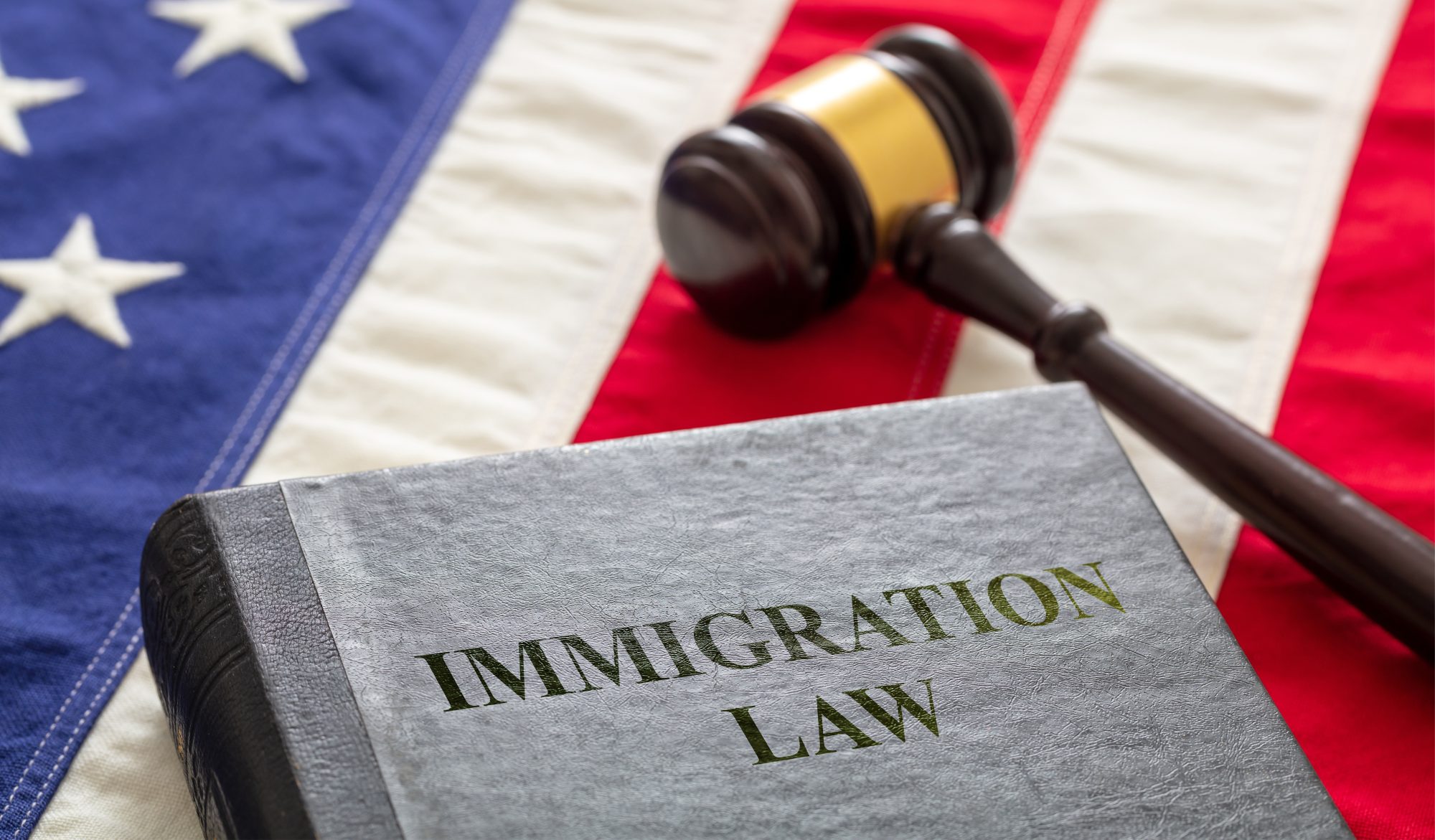Our Blog
Jan 08, 2025
How Does Consular Processing Work?
The U.S. immigration system is complex, especially when it comes to obtaining a visa through consular processing. This process is essential for individuals applying for a U.S. green card from outside the country. Here’s an overview of how consular processing works and what to expect along the way. Our team at Villarrubia & Rosenberger, P.C. has years of experience assisting clients with consular processing, and we can help guide you through this intricate process.
What is Consular Processing?
Consular processing is a method used by foreign nationals to apply for a U.S. green card while residing outside the United States. Unlike adjustment of status, which is for those already in the U.S., consular processing involves applying for an immigrant visa at a U.S. Embassy or Consulate in the applicant’s home country. Once approved, the visa allows entry into the U.S. as a lawful permanent resident.
Eligibility Criteria
Before starting consular processing, it is crucial to determine eligibility. Typically, applicants must be beneficiaries of approved immigration petitions, such as those filed by family members or employers. Common categories include family-based petitions (like a spouse or parent who is a U.S. citizen) and employment-based petitions.
Steps in the Consular Processing Journey
- Filing the Petition: The process begins with the petitioner (a U.S. citizen or lawful permanent resident family member or a U.S. employer) filing an immigrant petition with the U.S. Citizenship and Immigration Services (USCIS). Common forms include Form I-130 for relatives and Form I-140 for employment-based applicants.
- Petition Approval and Transfer: Once USCIS approves the petition, it is forwarded to the National Visa Center. The NVC holds the petition until an immigrant visa number becomes available.
- Visa Application and Fee Payment: The NVC will notify the applicant when to submit their visa application (Form DS-260) and pay the associated fees. Applicants must provide supporting documents, such as a birth certificate, police clearance, and proof of financial support.
- Preparation for the Interview: Once the NVC has all the necessary documents and fees, it schedules an interview appointment at the U.S. Consulate or Embassy. Preparation is key here, including undergoing a medical examination by a designated physician and gathering all required documents for the interview.
- The Consular Interview: During the interview, a consular officer will verify the information provided and determine the applicant’s eligibility. It’s important to answer questions honestly and provide any additional documentation requested.
- Visa Issuance or Denial: If the consular officer approves the application, the applicant receives a visa packet. This packet must remain sealed until presented to U.S. Customs and Border Protection upon entry to the U.S. If denied; the applicant will receive a written explanation and possible steps for appeal or further action.
Potential Challenges and Tips
Consular processing can present several challenges, including lengthy wait times for visa availability and the complexity of assembling the correct documentation. To mitigate these issues, applicants should:
- Start the process early and ensure all documentation is complete and accurate.
- Stay informed about visa bulletin updates, as these can affect processing times.
- Attend the consular interview prepared with all necessary documents and a clear understanding of the process.
Schedule a Consultation
Consular processing offers a structured path to obtaining a U.S. immigrant visa for those living abroad. While it involves several steps and potential challenges, understanding the process can help applicants tackle it successfully. Consulting with immigration lawyers, like those at Villarrubia & Rosenberger, P.C., can provide invaluable guidance and increase the chances of a smooth transition to permanent residency in the United States. Contact us to schedule a consultation and learn more about the consular processing journey.
I want to thank you all, you are always there to help, attentive, kind, 100%. I recommend this firm. Thank you, God, bless you all!
Norma V.
100% recommended, excellent service, my residency process lasted just 5 to 6 months. I must emphasize that each case is different but for me they are the best Lawyers and assistants Villarrubia & Rosenberger.
Devony C.
A good place, they help you and give you the best advice in your case, always answering your questions and doubts in the best way to help you, very friendly and above all, very professional in their work.
Diego C.



